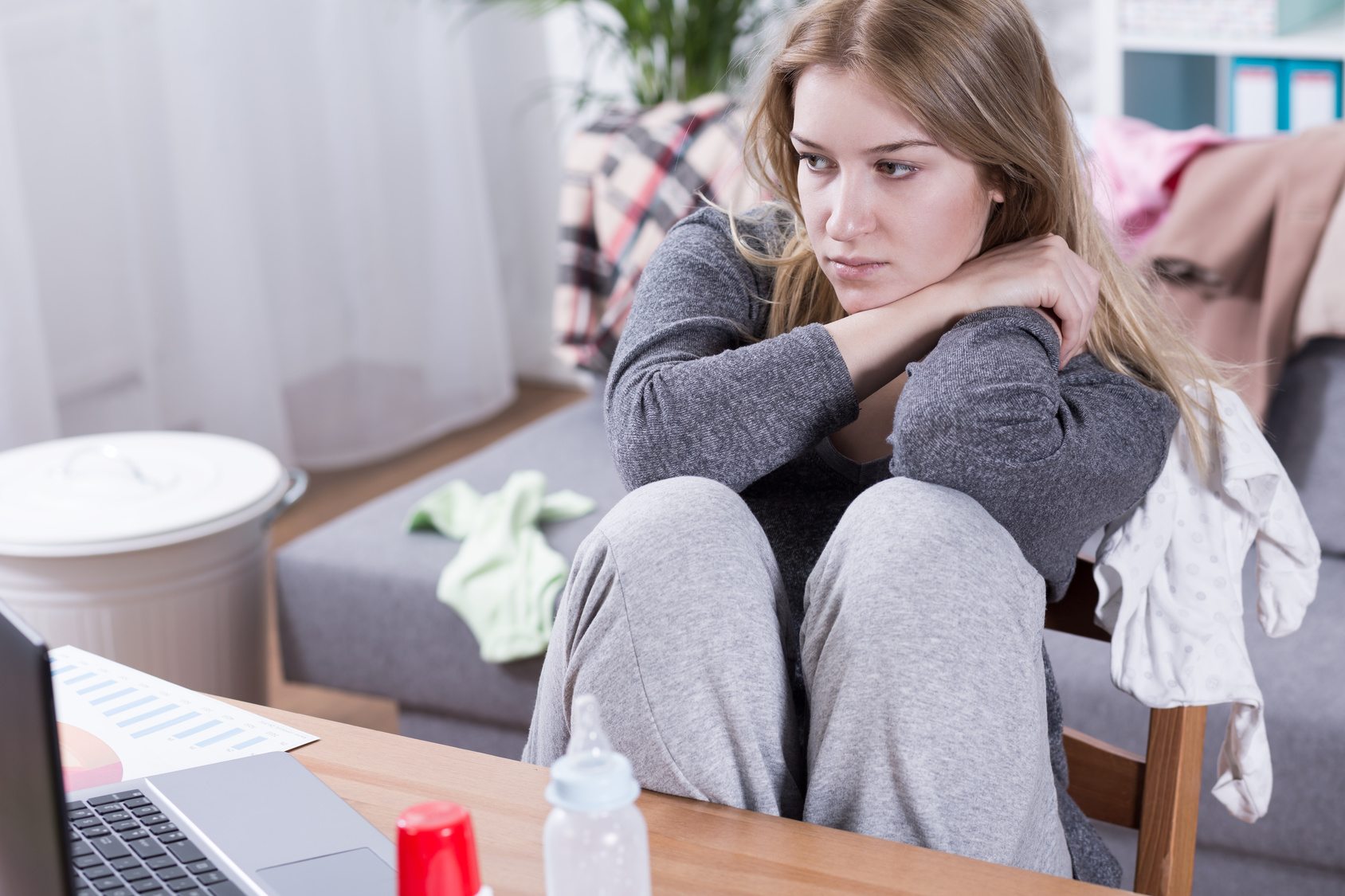
We understand that every pregnancy is different, and we want to make women aware of just how those differences can go unnoticed. Some women bounce back right after they’ve given birth, but some women suffer from postpartum depression for months. Knowing what postpartum depression is, how it affects new mothers and how it can be treated are vital steps in ensuring the woman recovers.
How It Happens
Depression is defined as postpartum when it occurs in the days, weeks and months after giving birth. The body goes through so many changes during pregnancy, and it doesn’t immediately revert back to its factory settings just because the baby is no longer in the womb. It takes a while for the body to get back to normal, and the changes that we experience after giving birth can sometimes result in postpartum depression.
The Signs
The signs of postpartum depression are relatively the same as the symptoms of general depression.
- fatigue
- sadness, emptiness or irritability
- fluctuations in weight
- appetite changes
- anxiety
Sufferers can experience all of these symptoms or just a few. Even if we don’t experience every single symptom, the symptoms that we do experience are emotionally painful and physically debilitating. What makes postpartum depression so stigmatized is that it can interfere with our ability to form a close bond with our newborn babies. One false perception of postpartum depression is that we must not love our babies if we aren’t overwhelmed with joy once they’re born, but suffering from depression after giving birth doesn’t mean we don’t love them. The fact that even something as wonderful as a newborn baby can’t cure postpartum depression indicates just how serious the illness really is. Depression can leave a person so mentally drained and disconnected from ourselves that we can’t form attachments to anyone, and postpartum depression is no different in that respect.
What Should Be Done
Postpartum depression isn’t just a mood that goes away with a bowl of ice cream and a couple of comedies on television; it’s a serious medical condition that needs to be evaluated by a doctor. We aren’t equipped to deal with postpartum depression symptoms by ourselves. There’s no shame in admitting that we’re sick, and there’s certainly no shame in asking for help.
How to Cope
Coping with postpartum depression requires a lot of support. We first need to establish a treatment plan with our doctors to help our bodies physically get back to normal. The support of our family and friends is also necessary.
How to Support a Loved One With Postpartum Depression
First of all, we need to be reassured that our partners, family members and friends will help us as we try to deal with the depression. Helping around the house, baby-sitting and running errands are things that are difficult to get done when we’re depressed, so offering to help with these everyday tasks will help tremendously.
If someone is unable to help with everyday tasks, then what we need the most from them is a safe place. We need people who will listen to us without judgment. It’s easy to tell someone with postpartum depression that we must have done this to ourselves somehow, or that we just aren’t trying hard enough to get better. This kind of rhetoric only serves to compound our depression. Sufferers already feel like we’re to blame somehow. We don’t need this notion reinforced; we need people to validate our illness.
What Sufferers Should Know
As with any other type of mental illness, postpartum depression is not the fault of the patient. It is a natural yet debilitating condition that results from the trauma the body goes through when delivering a baby. It doesn’t mean that we did something wrong that we’re paying for now. It doesn’t mean that we’re weak. Postpartum depression is a serious condition that can severely impact our lives if it goes untreated. But with the help and support of loved ones, you can get through this.


 Complete Our Simple Online Form
Complete Our Simple Online Form We’ll Handle All The Paperwork
We’ll Handle All The Paperwork Receive Your Free Ameda Pump
Receive Your Free Ameda Pump